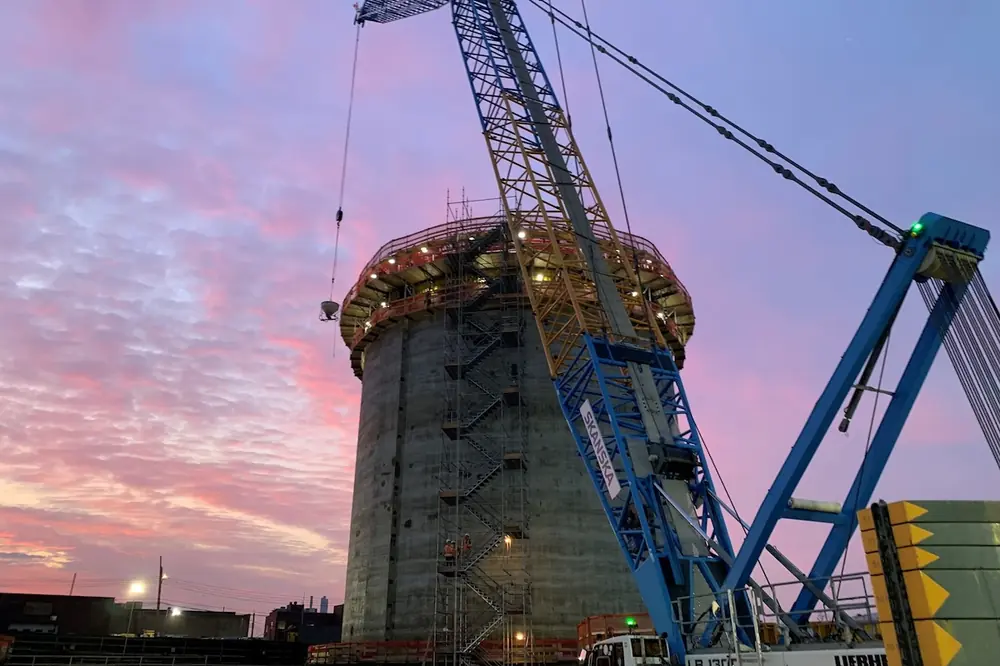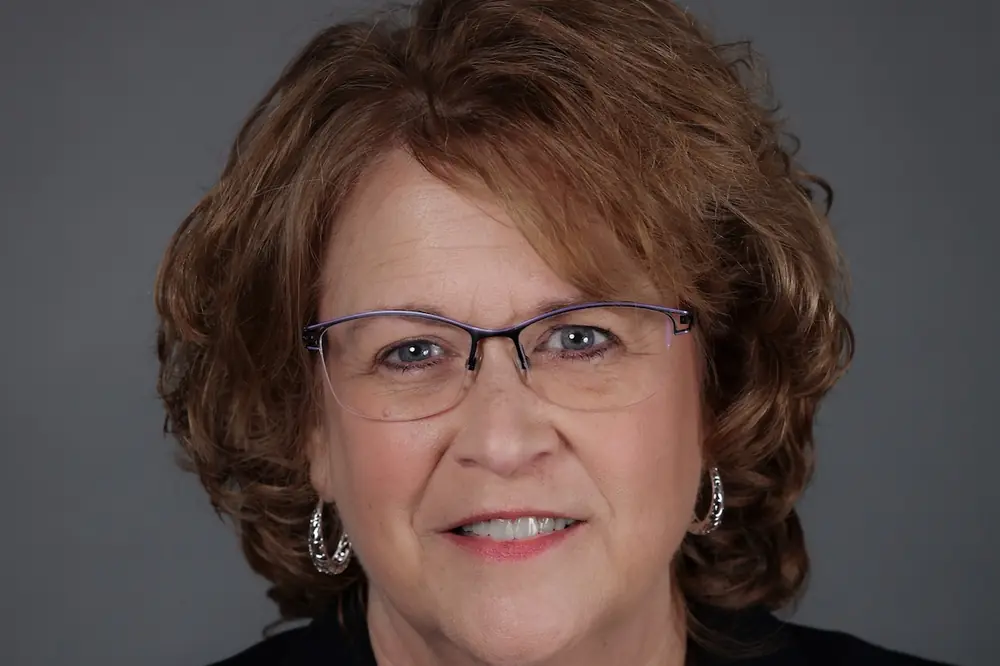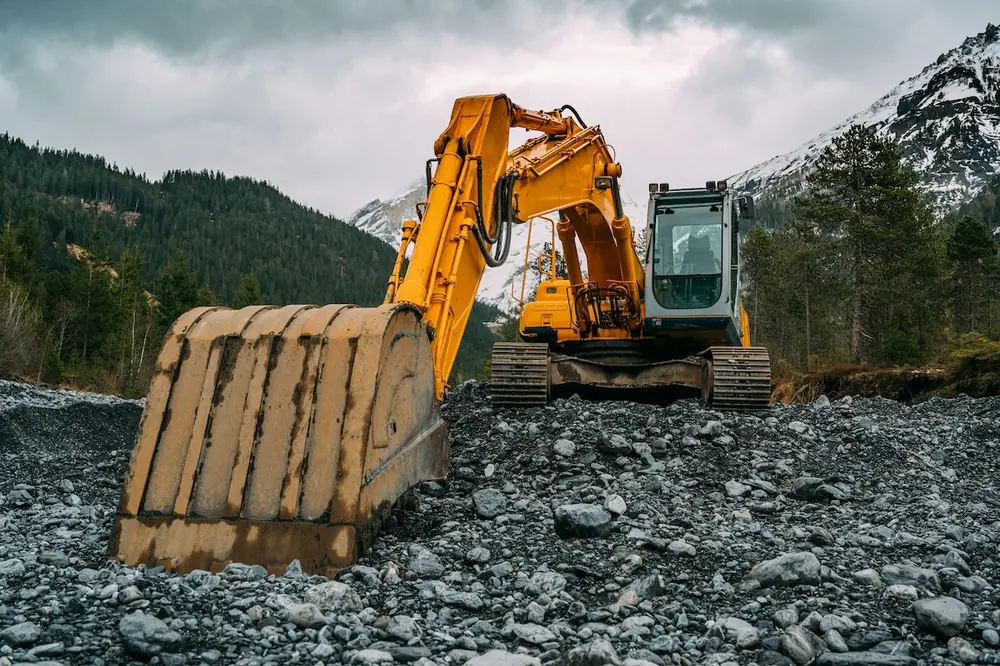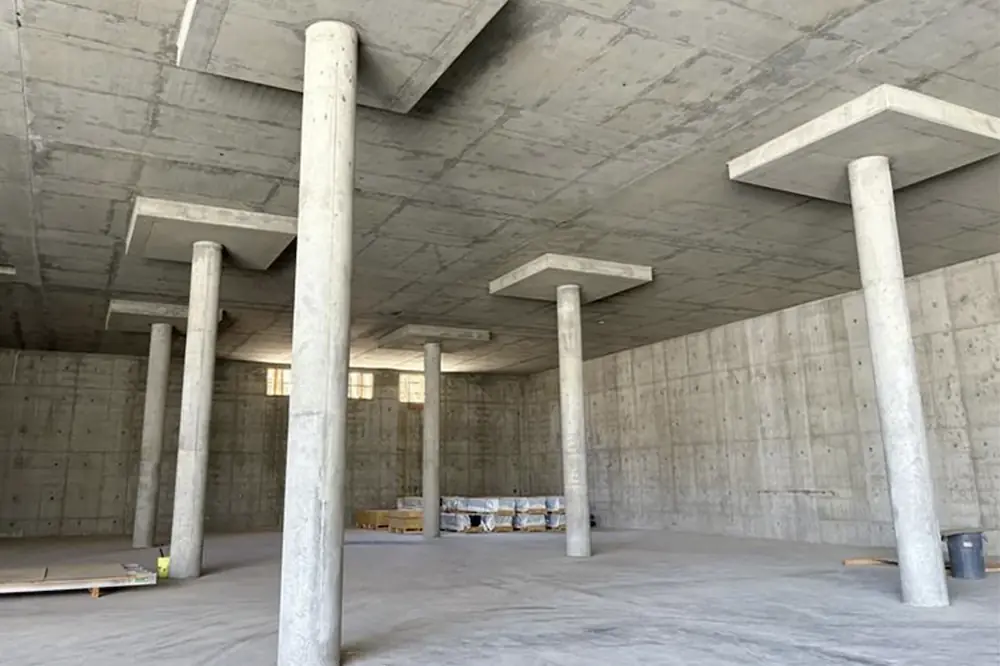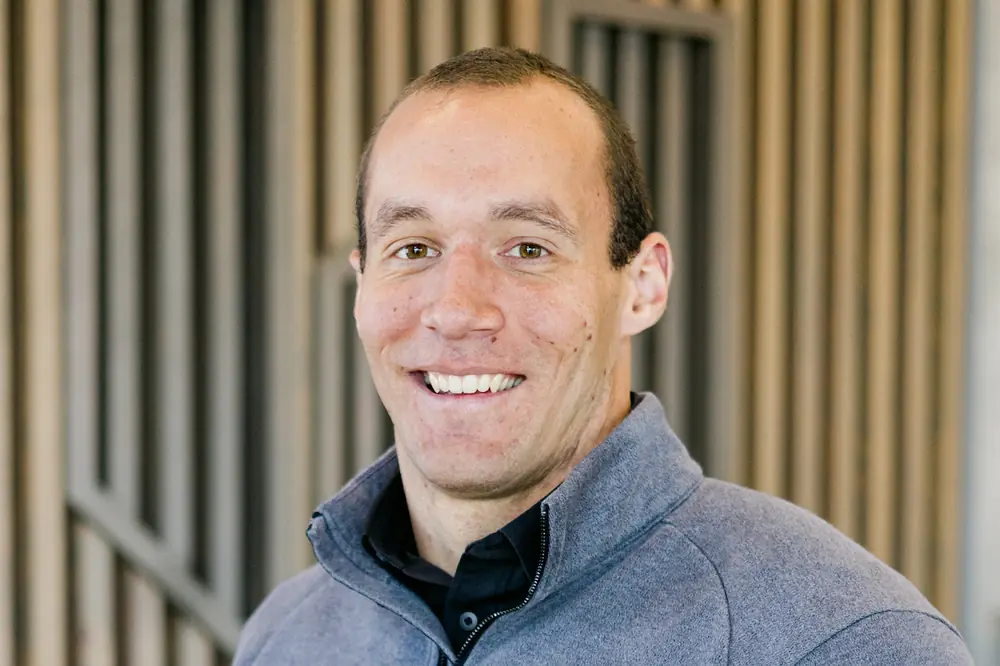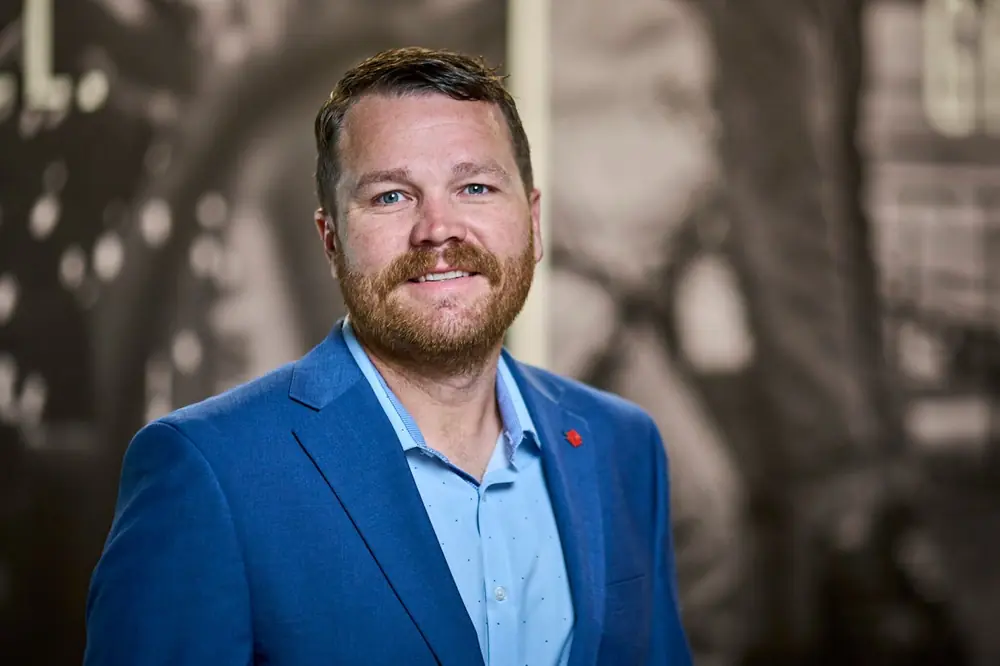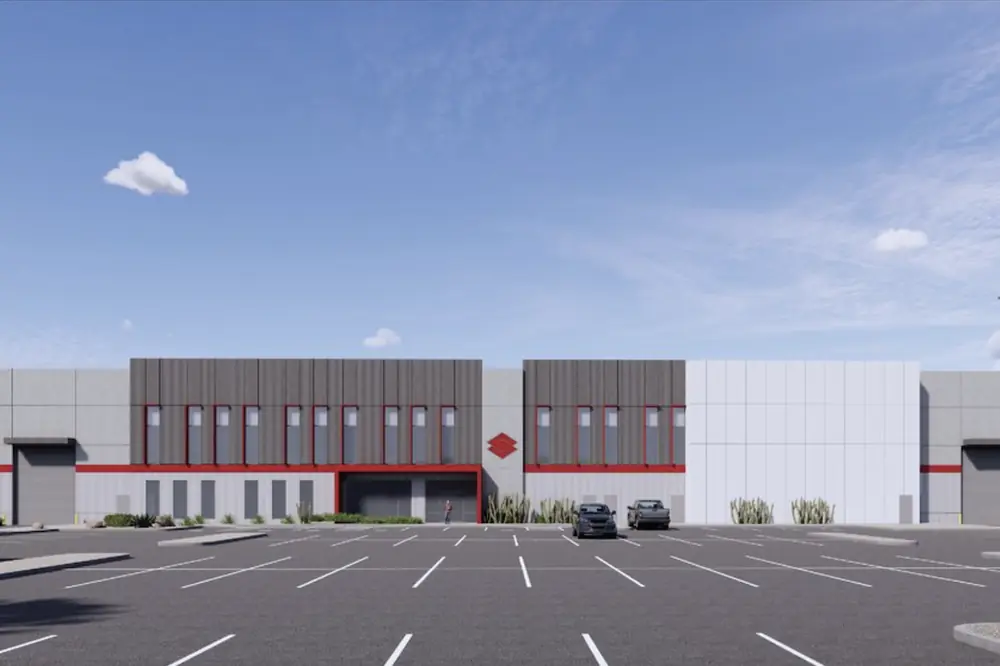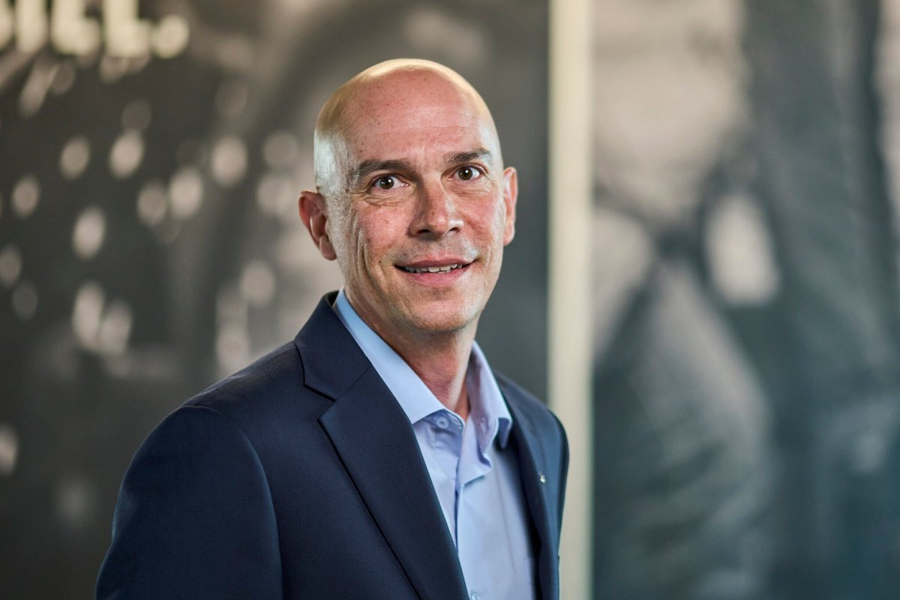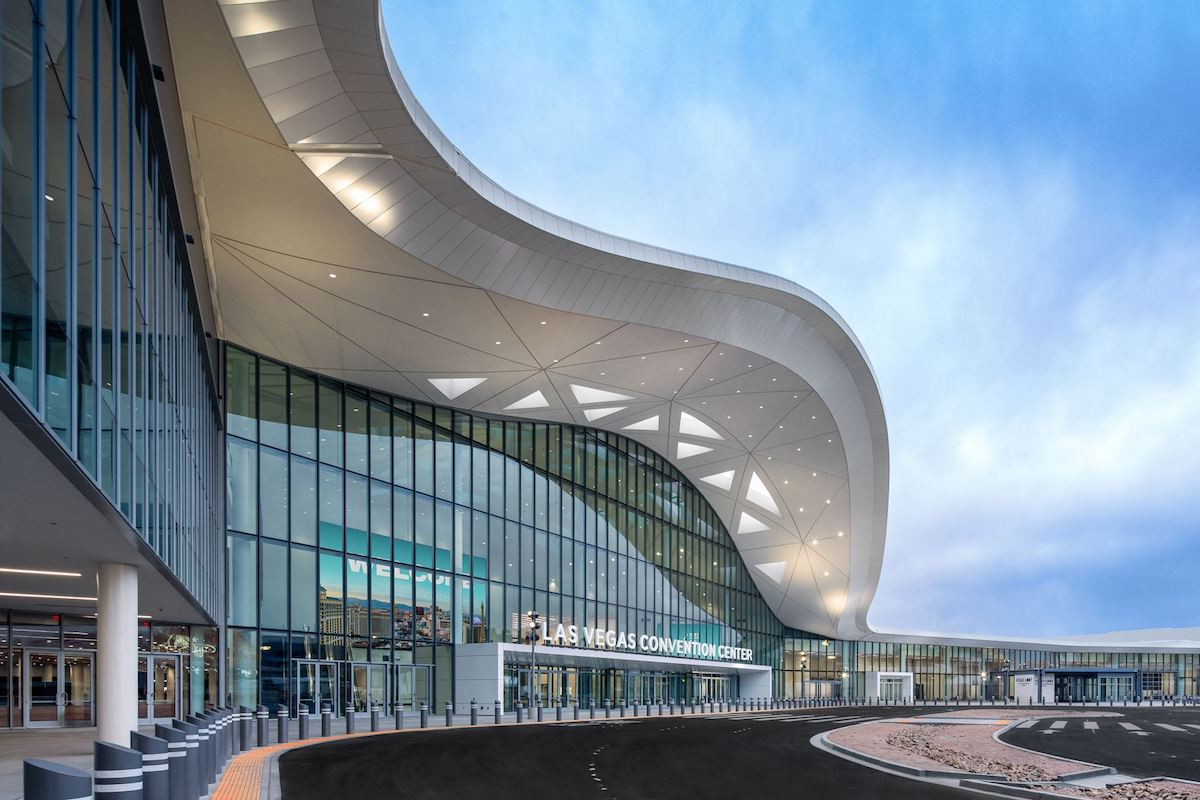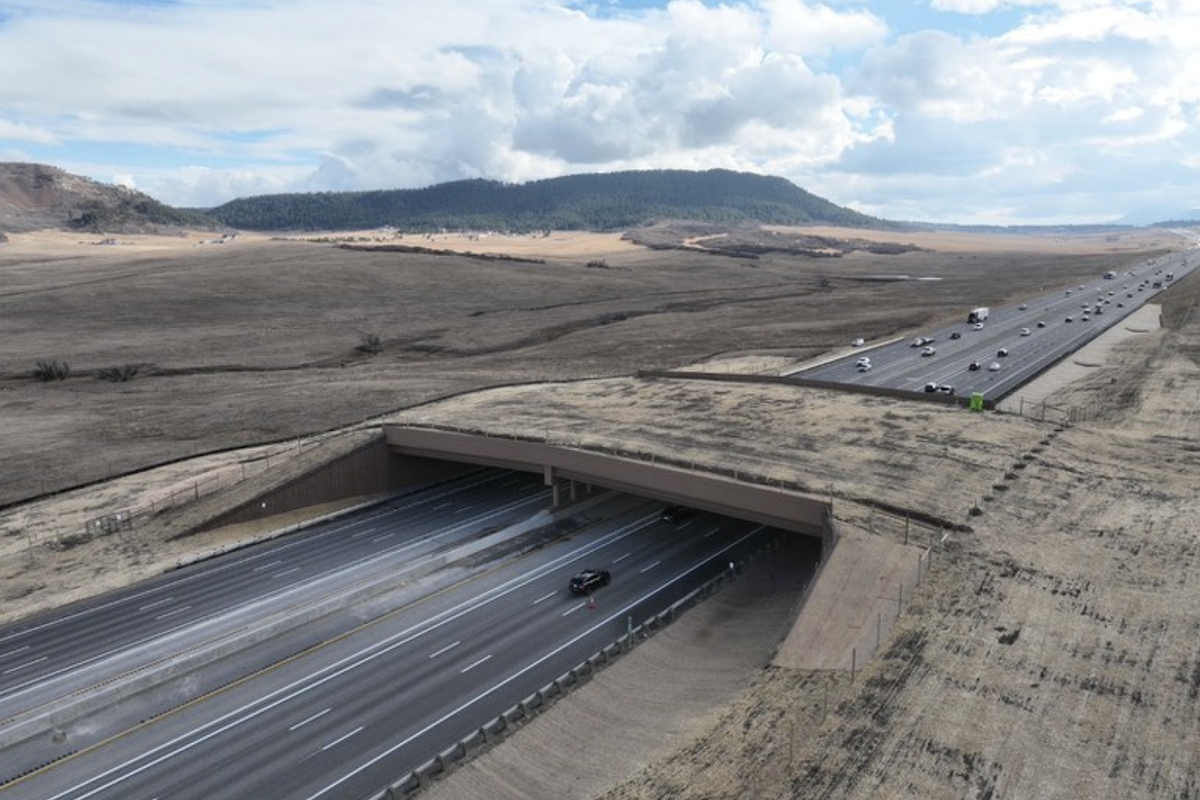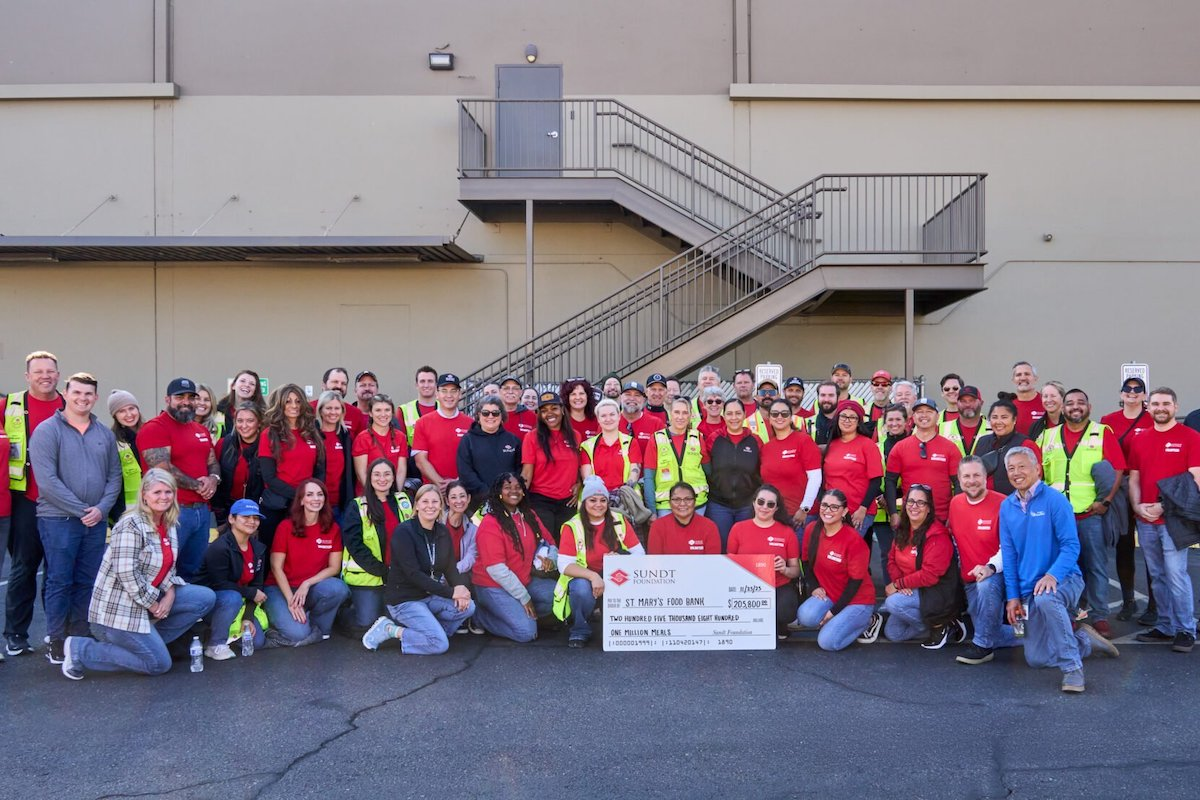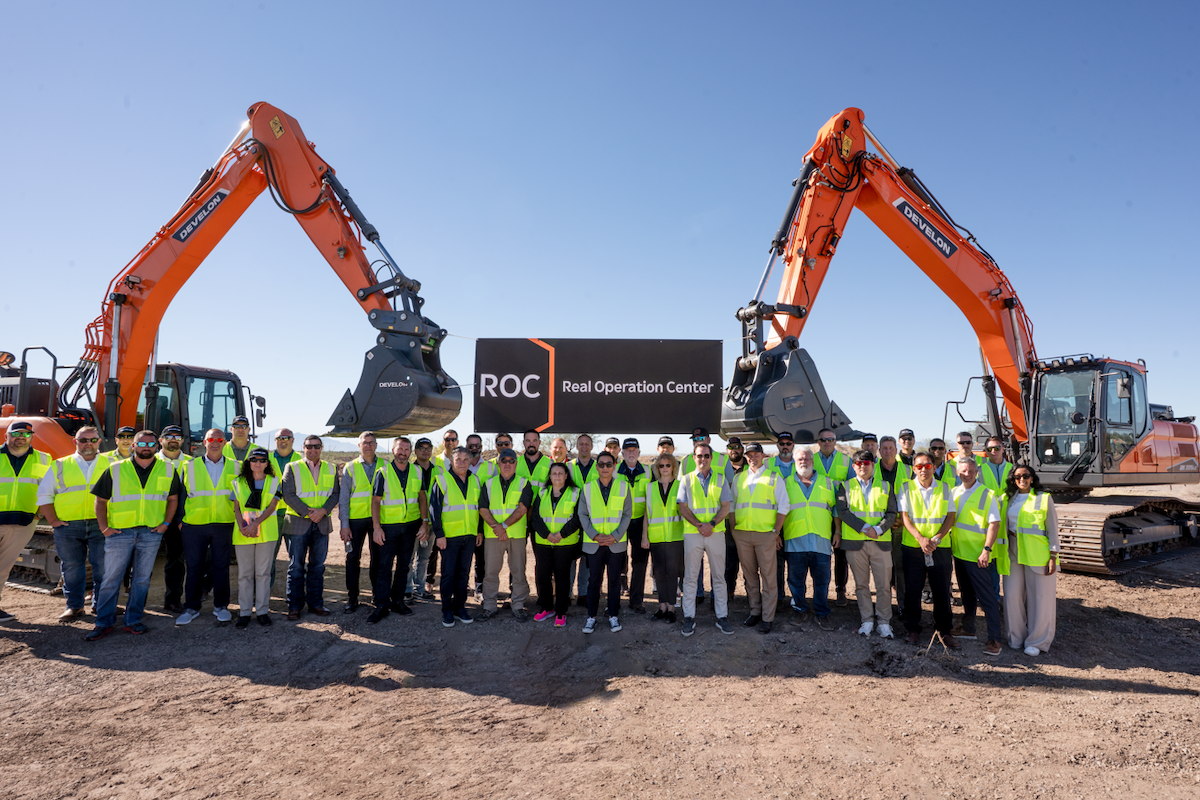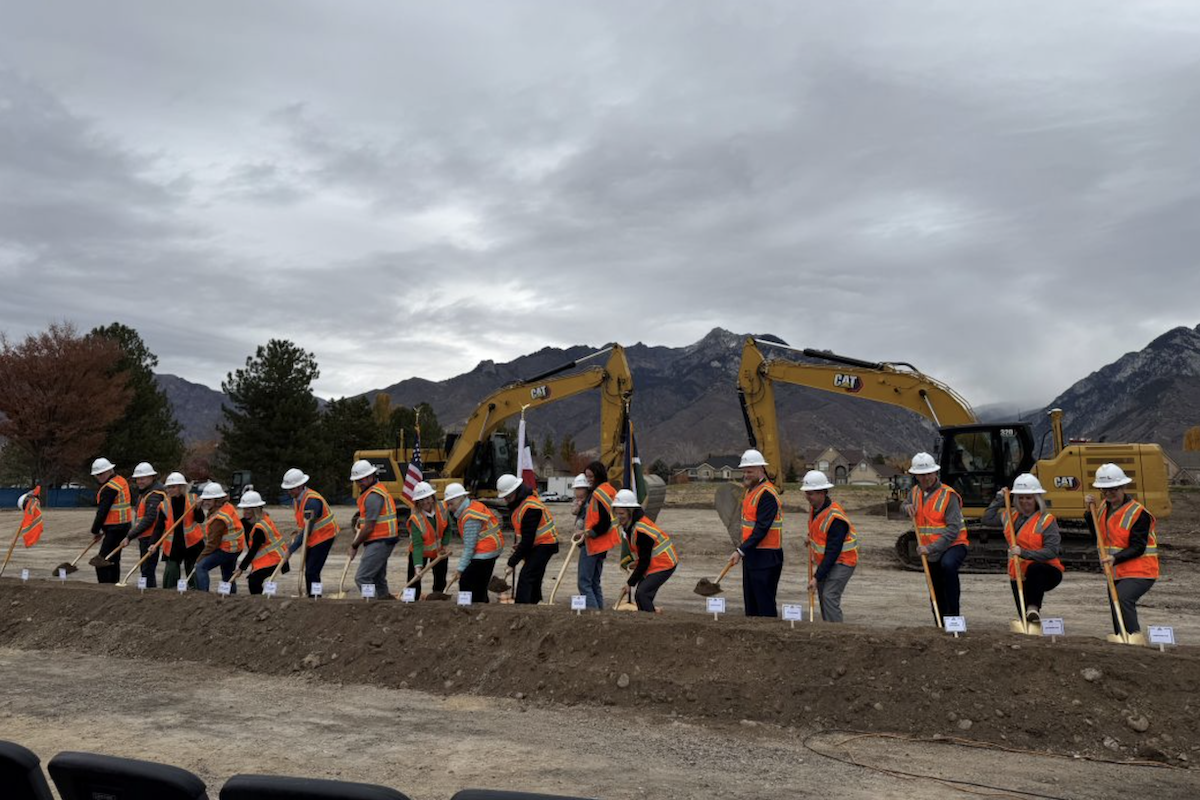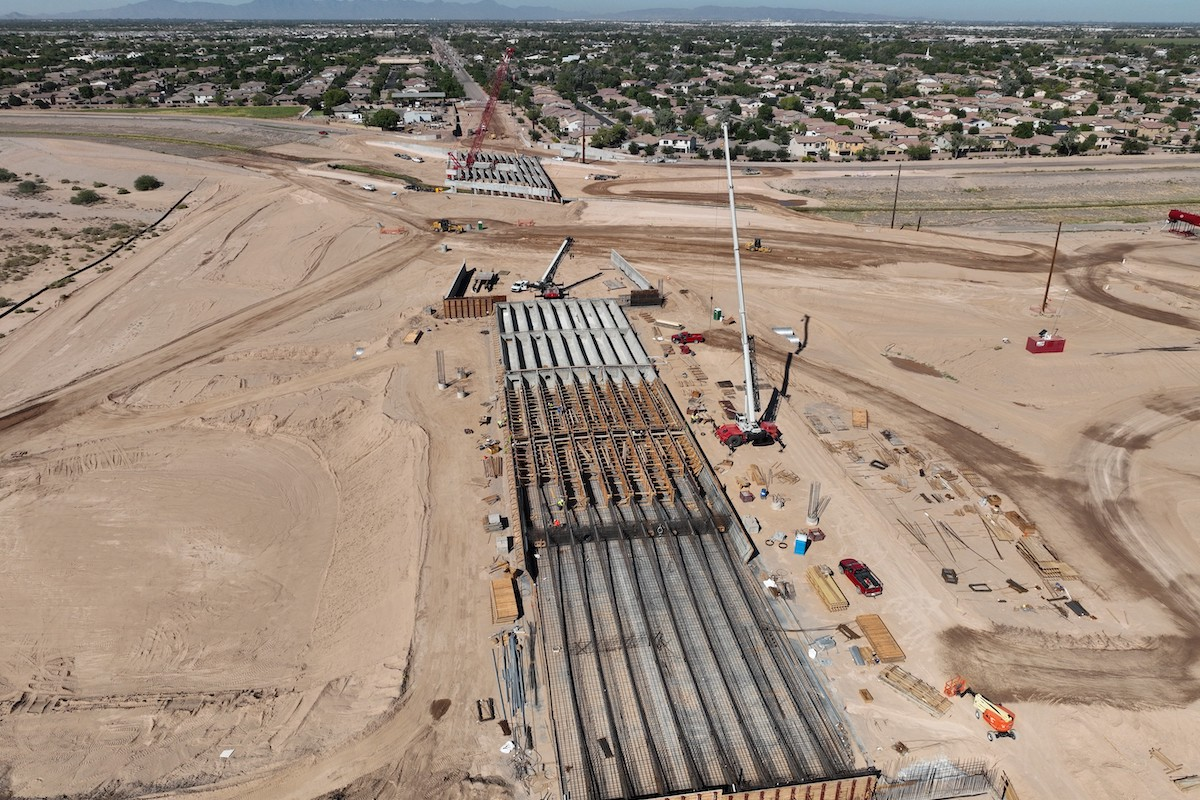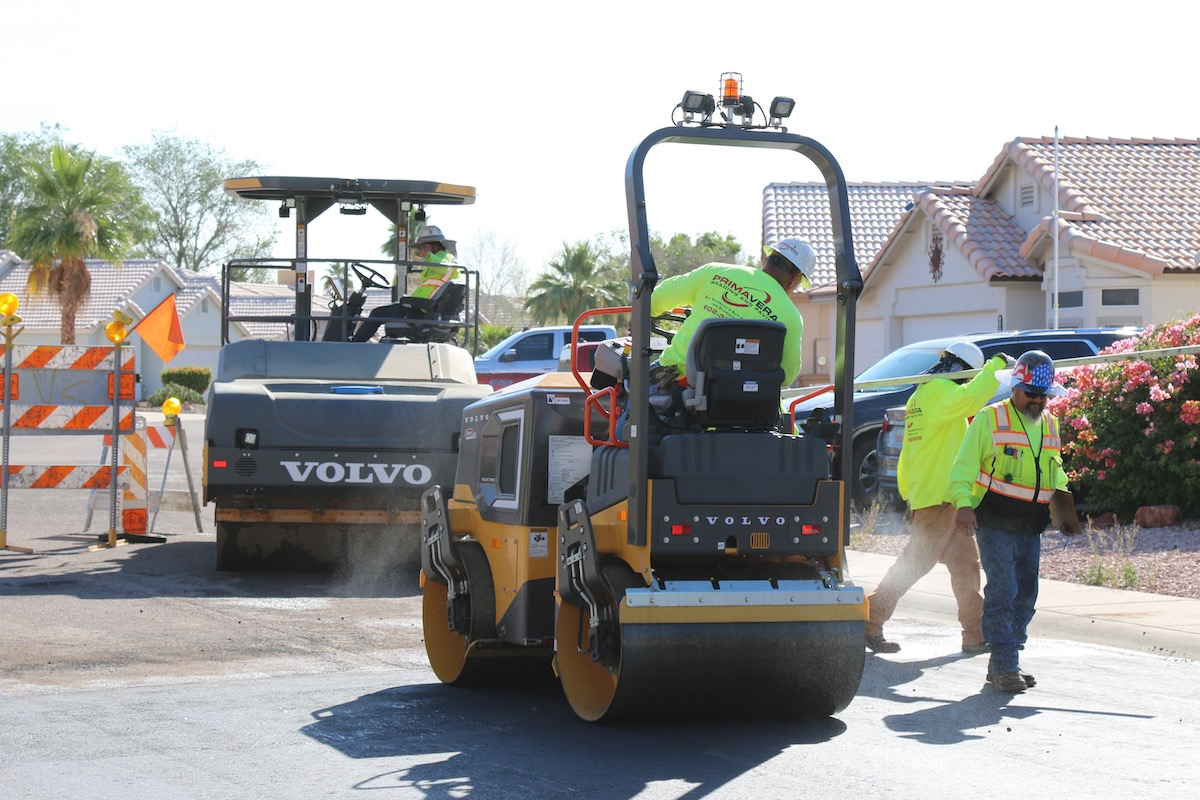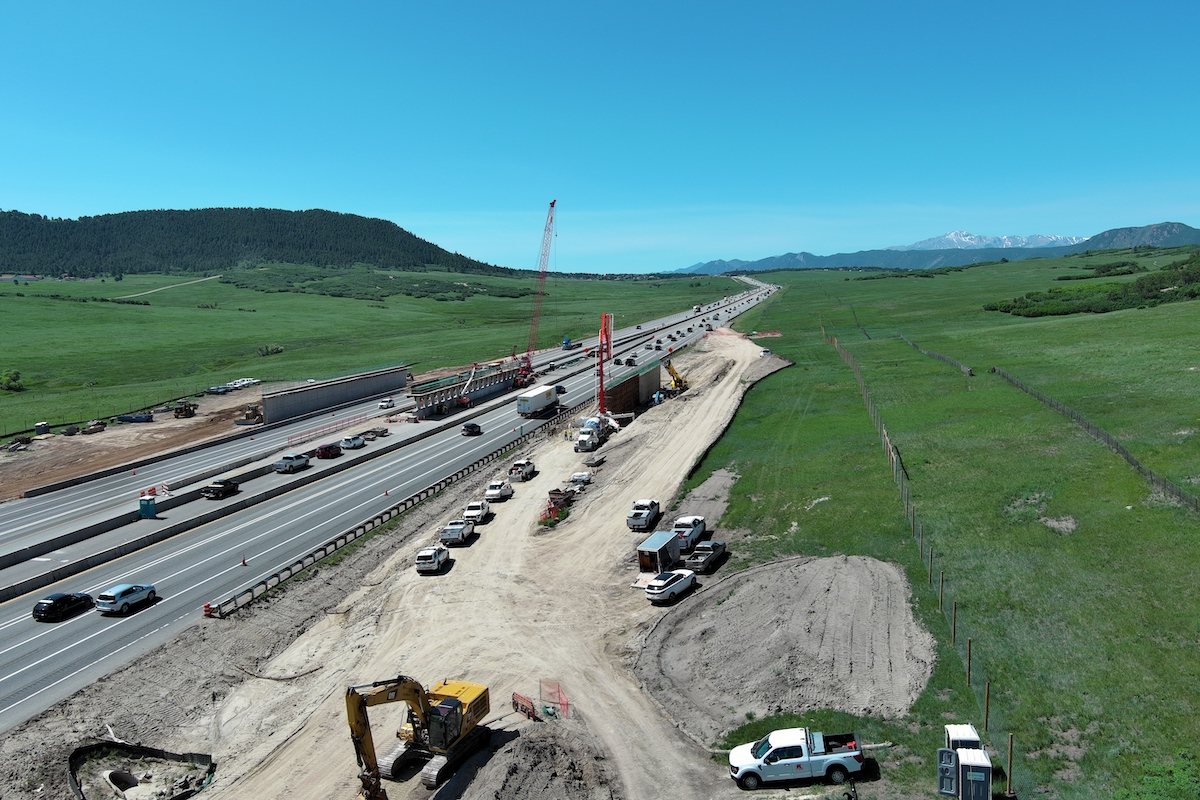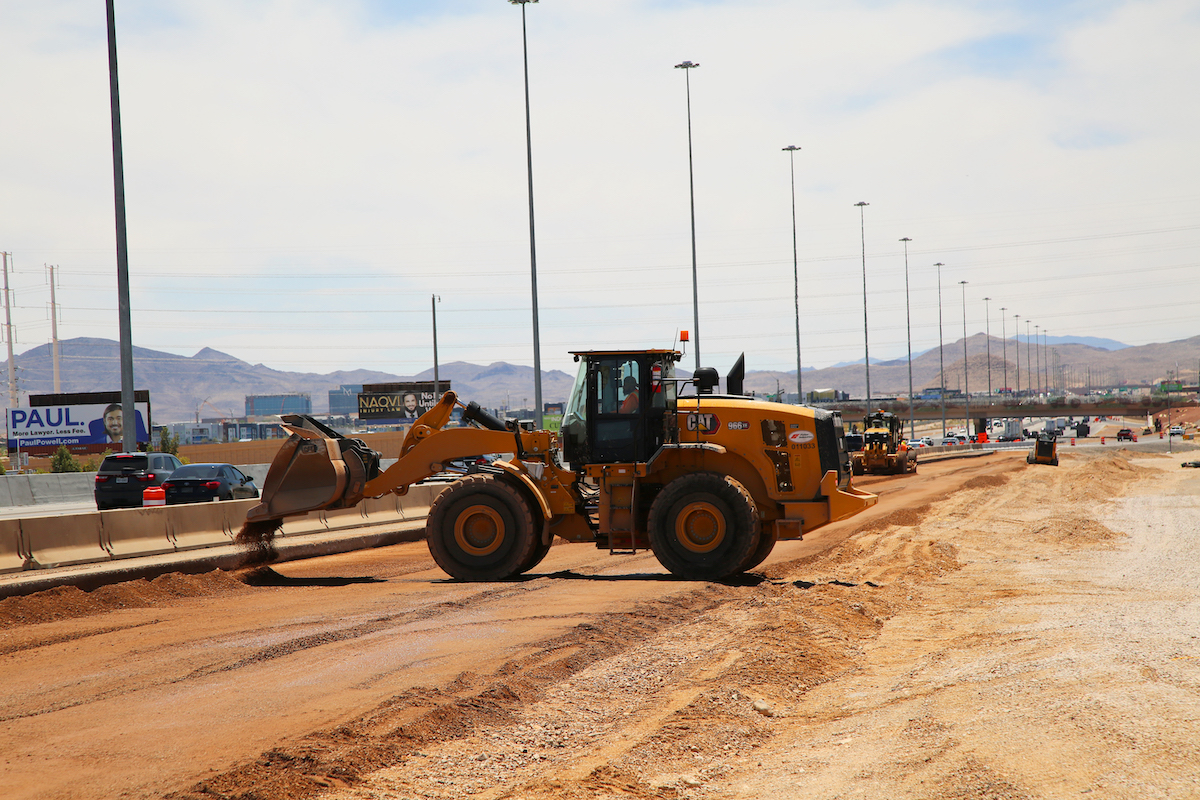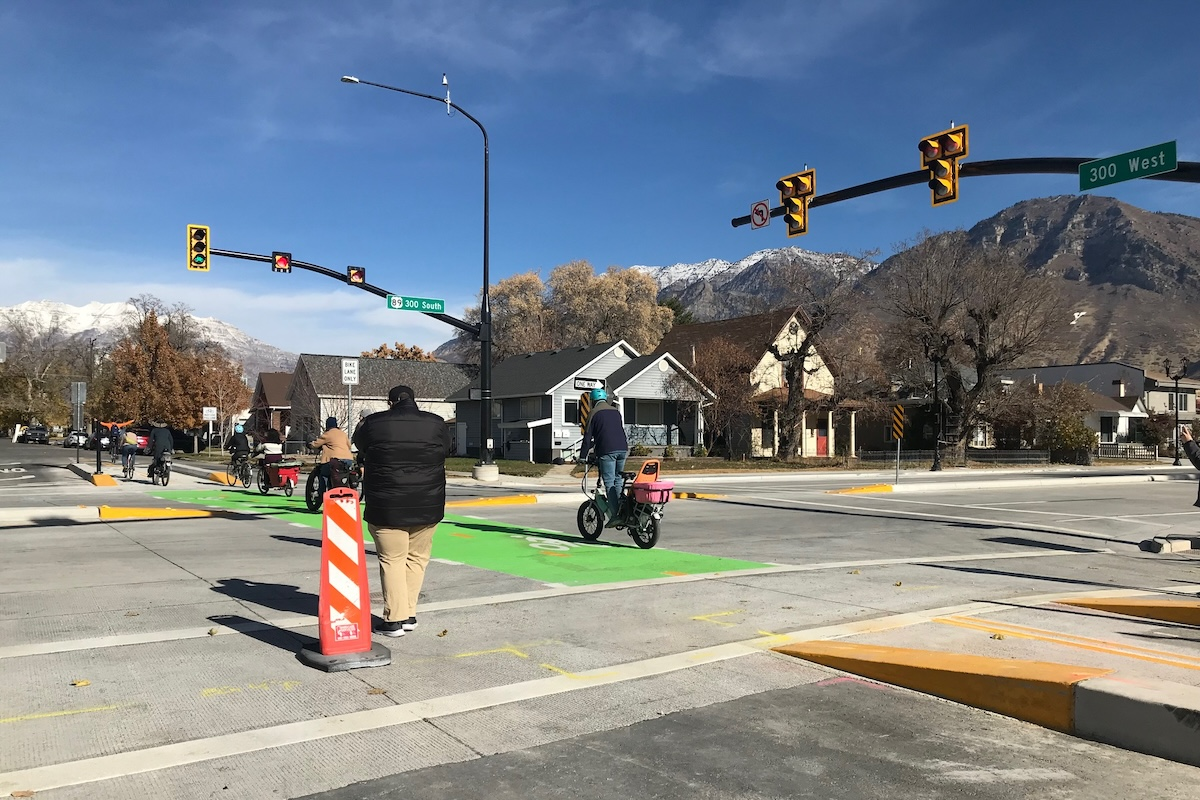“Two large sections of the causeway washed away, and five approach slabs were damaged,” says Ryan Hamrick, division manager for Superior Construction in Tampa, Florida, one of the contractors for the project, with joint venture partner The de Moya Group of Miami. “The aerial pictures are striking, but even then they don't really do it justice. Seeing the devastation firsthand really demonstrated the power of storm surge.”
More than 110 direct deaths and billions in damages have occurred as a result of Hurricane Ian hitting the state. Without the Sanibel Causeway, people who opted to stay on Sanibel and Captiva during the storm were stranded on the islands. The New York Times reports about 200 households of the 6,000 year-round population stayed on during the storm, despite evacuation orders. Rescue crews removed many of those residents by boat or helicopter and told those who stayed that the causeway was impassable.
The state realized temporary repairs were needed immediately and issued a design-build contract to family-owned, heavy civil contractor Superior and The de Moya Group joint venture team for emergency repairs and permanent reconstruction of the causeway. Kisinger Campo & Associates of Tampa and Hardesty & Hanover of Port Charlotte serve as the joint venture’s design team.
“FDOT responded to this challenging emergency with an all-hands-on-deck approach,” Hamrick says. The department “supported every aspect of the construction teams, and everyone involved had the same goal in mind – to reconnect the Sanibel Causeway for the residents on the island. Everyone wanted to help.”

| Your local Bobcat dealer |
|---|
| Ditch Witch West |
| Faris Machinery |
| Ditch Witch West |
| Faris Machinery |
Superior arrived at the site a few days after Hurricane Ian passed.
“Taking it all in was pretty daunting,” Hamrick recalls. “Effective collaboration and a unified goal made it all possible. Everyone on the team was pulling in the same direction.”
Numerous challenges confronted the construction team due to the devastated communities in the surrounding area, including job site access, availability of resources, crew accommodations and meals, and access to electricity and fuel. The project team worked as a cohesive unit in order to overcome these challenges.
“This is certainly different than your normal job,” Hamrick says. “Given the emergency nature of it, we had to assemble a team together very quickly to respond and complete the work quickly but safely."
The Superior-de Moya joint venture performed the work as an integrated team, with crews working 24 hours a day, seven days per week. The joint venture provided significant resources and support. The FDOT environmental office supported the operations.

| Your local Gomaco dealer |
|---|
| Faris Machinery |
| Faris Machinery |
The team used fairly standard construction equipment and employed a combination of four barges, barge-mounted equipment, five boats, land equipment and two dredging machines, Hamrick says.
“We offloaded excavators, loaders and other materials to the two islands to start cleaning up and gathering the washed-away material,” Hamrick reports. “In the meantime, we had the dredge machine relocate some of the displaced material, so we could reuse it to rebuild the causeway back up. It wasn't a linear project but a carefully planned, multifaceted approach.”
The team removed damaged material and placed new fill. The project consumed 8,200 loads of fill dirt and 2,400 loads of rocks.
“We installed temporary sheet piles in numerous areas and carefully placed new materials to rebuild the damaged portions of the causeway,” Hamrick says.
None of the bridge piers were involved in the repair project. FDOT divers surveyed the existing piers and cleared the structures as safe, according to FDOT.

| Your local Trimble Construction Division dealer |
|---|
| SITECH Southwest |
| SITECH Northwest |
| SITECH Rocky Mountain |
| SITECH Southwest |
| SITECH Northwest |
| SITECH Rocky Mountain |
“While the bridges were largely undamaged by the storm, portions of the causeway which connect bridge structures together were washed away by Hurricane Ian, leaving the bridges unconnected to the mainland or the island,” explains FDOT Secretary Jared W. Perdue, in a statement. “A project like this, under normal circumstances, could take months.”
AJAX Paving of North Venice, Florida, completed the work on McGregor Blvd east of the toll plaza. The company company placed 4,000 tons of asphalt pavement on the Sanibel Causeway after Superior-de Moya repaired it.
More than 100 Superior-de Moya crews worked collectively more than 36,000 workforce hours. On October 11, more than 350 utility restoration vehicles rolled onto Sanibel Island to begin repairs. The causeway opened to residents on October 19, more than a week ahead of the initial schedule.
“Hurricane Ian's intense winds and storm surge damaged three sections of the Sanibel Causeway, including bridge approaches, cutting off access to and from Sanibel Island for first responders and residents,” Perdue says. “As soon as FDOT crews arrived on site, we quickly realized that this would be a collaborative, herculean effort between our department, contractors, local governments and other state agencies to restore access to the island. With over 100 crew members and 70-plus pieces of heavy equipment on-site each day, we were able to begin rebuilding the damaged roadway using over 8,200 loads of fill dirt, 2,400 loads of rocks, and 4,000 tons of asphalt. In other words, we quite literally built a road in the Gulf in 15 days. This project was critical to regaining a sense of normalcy for this community who had undergone difficulties that many of us will never have to face, and we were ready to step up to the challenge and collaborate with our partners to get this work done. I'm grateful for Gov. Ron DeSantis' bold leadership and our team's dedication to achieving this historic accomplishment in just 15 days. The department is proud to be able to help these communities in their greatest time of need.”
“The permanent resilient design is currently being completed to help prevent extensive damage from future storms,” Hamrick reports. “The temporary work that's been conducted up to this point will be incorporated into the final design. Some of the specific resiliency measures being considered are sheet pile walls, additional bank and shore riprap around the walls, and potential modifications to the existing sea walls.”

| Your local Volvo Construction Equipment dealer |
|---|
| Faris Machinery |
| Faris Machinery |
The final cost has yet to be determined, with the progressive design-build contract.
“Traffic has been restored to the island with the temporary repairs, and that access won't be affected as the permanent work moves forward,” Hamrick says. “The strategic approach we're taking will minimize disruption to traffic on the causeway.”










